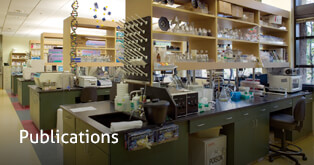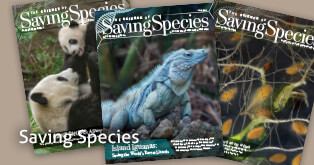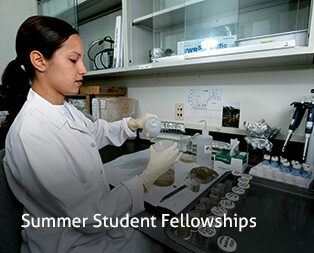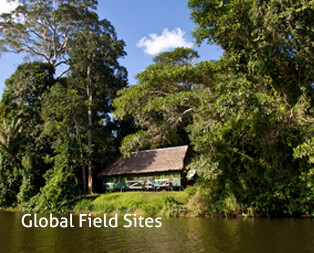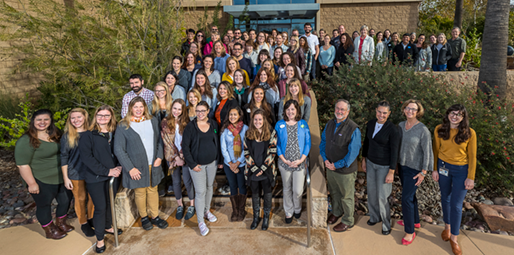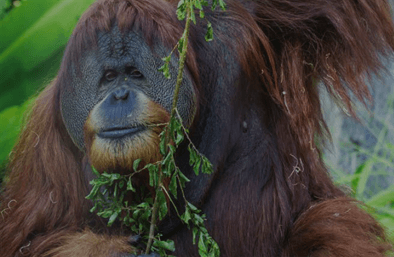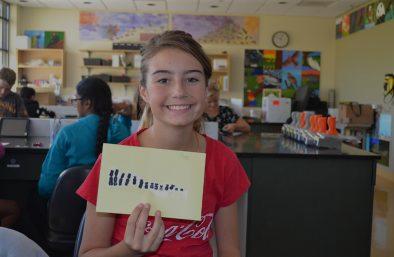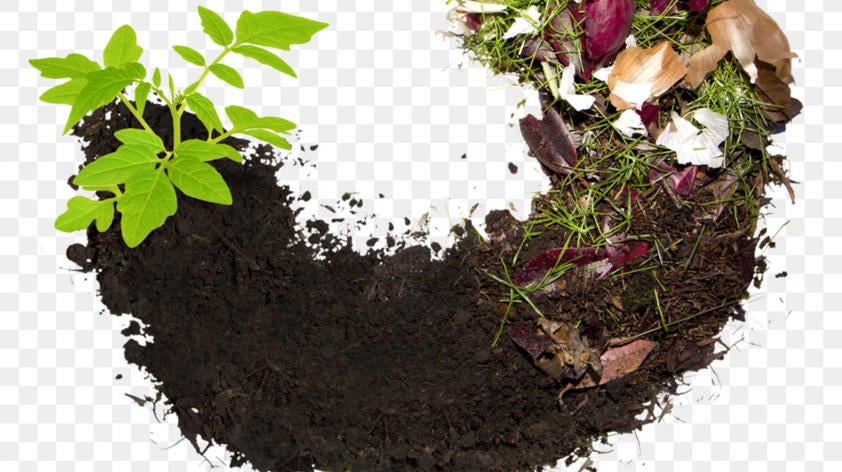
Breaking Down the Topic of Compost
Last Spring I pursued an Independent Study as part of the Advanced Inquiry Program (AIP) graduate degree. The foundation of my study harks back to a lesson that I designed as a high school science teacher for my AP Environmental Science (APES) classes. This lesson allows my students to create a community-based social marketing (CBSM) campaign focusing on a sustainability topic that they feel is important. One of the groups from last year chose composting for their topic, and that inspired me to want to learn more about the topic and develop the ultimate goal of creating a compost pile on our campus.
My Master Plan (i.e., major theme for projects in the AIP) mission is to foster a heightened sense of voice and participation in my students by providing a framework by which they will lead their community to make lifestyle changes that are beneficial to their environment. My vision is that a culture of environmental stewardship will be instilled at the school where I work and in the surrounding community. To further my education and improve the curriculum for my students to better reflect the Next Generation Science Standards (NGSS), I capitalized on the opportunity to enroll in an Independent Study course to create a project with composting as its main focus.
I found a great workshop hosted by the Solana Center in Encinitas, California, that would enable me to become a certified Master Composter upon the completion of their course. I normally would not dream of being able to carve out the time for something like this, especially since the course not only involved five Saturday classes that were each three hours long, but also included a mandatory 30 hours of additional volunteering. Being a grad student, teacher, and a mother, all require major time investments, so it was nice to build an independent study project that would motivate me to take this certification process on and also strive for both educational and professional skill development.
I never realized how little I knew about composting until I took this workshop.
There are so many ways to compost and it is as much an art as it is a science. Since taking the class, I have purchased a tumbler composter for my school and we have already begun composting! I’ve also been able to share information that has motivated my students to act on this topic. Two of my student groups from my AP Environmental Science class have chosen composting and vermicomposting for their CBSM this year and they are excited to share what they have learned with the rest of the class.
It was challenging to organize the information I learned through this course into a synthesis paper and distill it into a visually appealing infographic that would be useful to a variety of audiences.
However, I am thrilled that I persevered with the support and encouragement I received from my instructor and AIP advisor. Without their insight and motivation, I might have given up!
I ended up taking the knowledge I gained from this independent study to the next level by using it to design a workshop during my AIP Leadership in Inquiry course. My high school students are excited to collaborate with me in facilitating this workshop, and we plan to present the information that we have gained to the rest of the community. We plan to conduct a “mini-workshop” that we will devise by pairing down the information from the fifteen-hour Master Composter workshop into an hour and a half presentation for the general public. I plan on giving a short presentation to serve as an overview, then we will take our participants to the garden to show them our composter. My students will also provide the workshop attendees with a hands-on experience by demonstrating how to start a compost pile and then allowing guests to interact with their vermicomposting set-up. I am excited to see this initiative come to fruition!
Education is key to making change. I feel confident that the tools I have shared with my students have empowered them to make a difference, and they recognize that they are actively participating in a cause that encourages others to make lifestyle changes toward living more sustainably.

